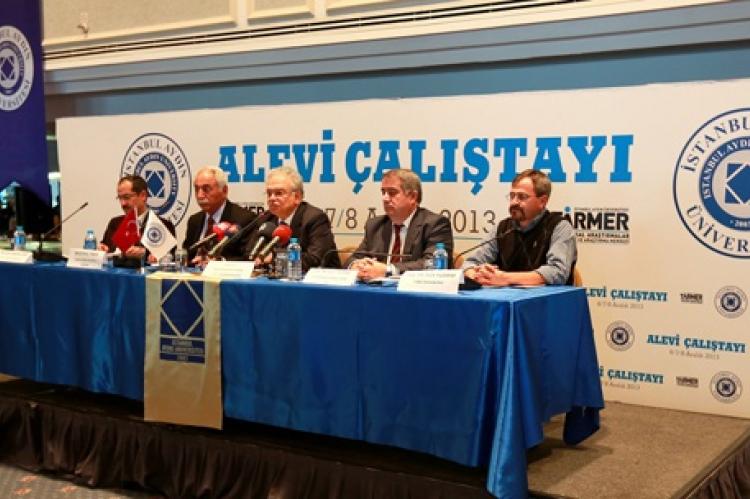Claim: Turkish government fears granting minorities rights
Foreign Affairs article asserts that Turkey fears responding to Alevis’ demands will further encourage other minorities to demand rights too
On 5 January 2017, an article published by Foreign Affairs claimed that the Turkish government was timid about granting its Alevi minority their religious and cultural rights, anticipating that other minority groups in Turkey will also ask for their rights – the implication being that the Turkish government has not yet recognized minorities’ rights.
The author claimed that “The government fears that conceding to Alevi demands would weaken national unity and open the door for other minorities to demand rights.”
According to Harvard Divinity School’s definition, “Alevism is a branch of Shi’a Islam that is practiced in Turkey and the Balkans among ethnic Turks and Kurds, and is related to—though distinct from—Alawism in Syria. Alevis make up 20% of Turkish Muslims and comprise Turkey’s largest religious minority community.”
The government of Turkey, dominated by the Justice and Development Party (AK Party) since 2002, however, took various actions to fulfill minority demands, including those of Alevis. Although the article mentioned a barrack in Dersim, in which 13,000 Alevis were massacred, which was then turned into a museum by the ruling AK Party government, democratic developments regarding Alevis were not restricted to that under the AK Party rule.
In 2010, the Alevi Workshop which consisted of seven stages was held in Turkey. Then-Minister of State Faruk Celik said in his opening statements “Finding solutions to the Alevi-Bektashi question and [responding] to their demands is among duties of the institution of politics. The issue is too sensitive to be exploited and too vital to be left unresolved.”
In 2007, three Alevi politicians entered the Grand National Assembly of Turkey as deputies of the AK Party. Content about Alevis was added to the curriculum of religious classes in schools. The Eurasia Alevi and Bektashi Studies Center was opened at Inonu University. The Madimak Hotel, in which 37 people were burned to death in 1993 as an Alevi activity took place in the hotel, was turned into a Center for Science and Culture in 2011.
In 2011, then-Prime Minister Recep Tayyip Erdogan apologized in the name of the Turkish state for the killings which took place in the majority-Alevi city of Dersim around 1937-1938. This historic apology, which was welcomed positively by Alevi representatives, was marked as the first official apology of the Turkish state for the Dersim massacre.
Please click here for more information on the democratic developments concerning the Alevis.
Please click here and here for relevant articles about developments in other minority rights.



